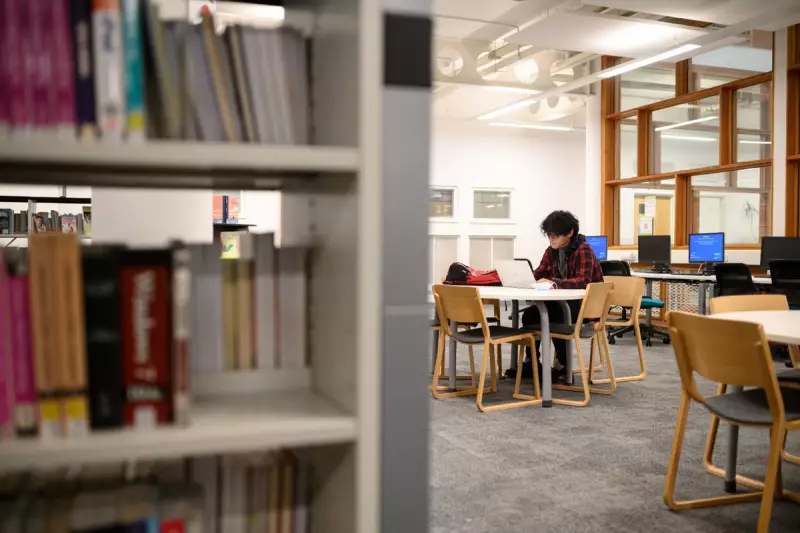
Thousands of university students across the UK are being pushed into full-time employment to cover basic living expenses as government maintenance loans fail to keep pace with inflation, new research reveals.
The Financial Strain on Students
With rents skyrocketing and food prices soaring, the average maintenance loan now covers just 60% of a student's living costs - forcing many to work over 30 hours per week alongside their studies. This unsustainable balancing act is leading to increased stress levels, declining academic performance, and growing concerns about student welfare.
A System in Crisis
The current student finance system, designed when living costs were significantly lower, hasn't been adequately adjusted for today's economic reality. Key findings show:
- Over 75% of students report their loan doesn't cover basic accommodation costs
- 1 in 3 regularly skips meals to save money
- Average student rent has increased by 42% since 2016
The Impact on Education
Lecturers nationwide report growing numbers of exhausted students struggling to focus in class after working late shifts. Many undergraduates admit they're prioritising paid work over coursework, with some considering dropping out altogether due to financial pressures.
"When I'm not in lectures, I'm either at my bar job or doing Deliveroo," says second-year Manchester University student Jake Thompson. "I'm constantly tired and behind on assignments, but I have no choice - my loan doesn't even cover my rent."
Calls for Reform
Student unions and education experts are demanding urgent government action, proposing:
- Immediate increase in maintenance loans to reflect actual living costs
- Expansion of university hardship funds
- Better-paid, flexible campus employment opportunities
With the new academic year approaching, concerns are mounting that without intervention, the financial burden will push even more students to breaking point.





